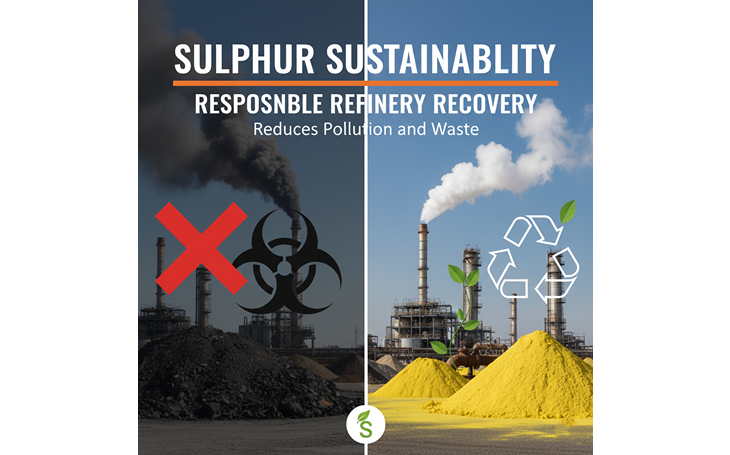Unveiling the Future of Artificial Intelligence in Healthcare: Trends and Implications
In the constantly changing healthcare landscape, the
integration of artificial intelligence has emerged as a transformative force.
It has revolutionized the way we approach diagnosis, treatment, and patient care. care. As we venture deeper into the 21st century, the symbiotic relationship
between AI and healthcare is poised to reshape the industry in unprecedented
ways, ushering in a new era of innovation, efficiency, and improved outcomes.
Let's delve into the intriguing trends and implications that lie ahead.
Precision
Medicine:
AI has a promising application in healthcare, particularly
in precision medicine. By analysing vast amounts of patient data, including
genetic information, lifestyle factors, and medical history, AI algorithms can
identify personalized treatment plans tailored to the individual needs of
patients. This shift from a one-size-fits-all approach to a more targeted and
precise method holds immense potential for improving treatment efficacy and
reducing adverse effects.
Diagnostic
Advancements:
AI-powered diagnostic tools are revolutionizing the speed
and accuracy of disease detection. Machine learning algorithms trained on
extensive datasets can swiftly analyse medical images, such as X-rays, MRIs,
and CT scans, to detect abnormalities and assist radiologists in making more
accurate diagnoses. This not only expedites the diagnostic process but also
helps in early detection, leading to timely interventions and improved patient
outcomes.
Virtual
Health Assistants:
The rise of virtual health assistants powered by AI transforming the way patients interact with healthcare providers. These
intelligent chatbots and virtual assistants can provide personalized medical
advice, answer queries, schedule appointments, and even monitor patient vitals
remotely. By offering round-the-clock support and reducing the burden on
healthcare systems, virtual health assistants are enhancing accessibility and
convenience for patients while optimizing resource utilization.
Drug
Discovery and Development:
AI is accelerating the pace of drug discovery and
development by streamlining the process of identifying potential drug
candidates and predicting their efficacy. Through sophisticated algorithms and
data analytics, AI can analyse vast molecular datasets, simulate drug
interactions, and predict the outcomes of clinical trials with remarkable
accuracy. This not only expedites the drug development process but also holds
promise for uncovering novel treatments for previously incurable diseases.
Predictive
Analytics for Healthcare Management:
AI-driven predictive analytics are empowering healthcare
organizations to anticipate patient needs, optimize resource allocation, and
improve operational efficiency. By analysing historical data patterns and
trends, predictive models can forecast disease outbreaks, identify high-risk
patient populations, and optimize hospital workflows to enhance patient care
delivery. This proactive approach to healthcare management enables providers to
intervene early, prevent complications, and reduce healthcare costs.
Ethical
and Regulatory Considerations:
Although AI has great potential in healthcare, it presents
ethical and regulatory challenges that must be addressed. Concerns regarding
patient privacy, data security, algorithm bias, and accountability underscore
the need for robust regulatory frameworks and ethical guidelines to govern the
development and deployment of AI technologies in healthcare. Striking a balance
between innovation and ethical considerations is paramount to ensuring the
responsible and equitable use of AI in healthcare.
In conclusion, the future of artificial intelligence in
healthcare is brimming with promise, offering unprecedented opportunities to
revolutionize patient care, enhance clinical outcomes, and drive efficiencies
across the healthcare ecosystem. By harnessing the power of AI-driven
technologies, we can unlock new frontiers in precision medicine, diagnostic
accuracy, virtual health assistance, drug discovery, and predictive analytics.
However, realizing the full potential of AI in healthcare requires a concerted
effort to address ethical, regulatory, and technical challenges while fostering
collaboration between stakeholders across the healthcare continuum. As we
embark on this transformative journey, let us embrace the possibilities of AI
to usher in a future where healthcare is more accessible, personalized, and
effective for all.





